The Breastfeeding or the Lactation refers to the baby's first lifetime when it is nourished by breast milk. Breast milk is the only source of nutrients in the first months of life, and later the main source of nutrients. In addition, breastfeeding is crucial for the mother-child bond.
What is breastfeeding

Breastfeeding is the time that the baby is breastfed. It begins immediately after the birth and ends when the child is weaned and the child is completely switched to a different diet.
Breastfeeding is a crucial element of the mother-child bond in the first few days of life and is also the only source of nutrients for the newborn. Mother's milk contains everything the baby needs in the first few months. From about the 4th month onwards, he can be given complementary food as required, but the breastfeeding period does not end there.
Some mothers stop breastfeeding after the 6th month because their babies are no longer satisfied with their breast milk or they no longer want to breastfeed, others extend the breastfeeding period to 2 or even 3 years.
Breastfeeding is never just about the uptake of nutrients, but always about the time mother and child spend together. The close physical contact with the mother gives the baby security and trust during breastfeeding, the mother can bond emotionally to her baby. If the baby is fed with a bottle, however, one no longer speaks of breastfeeding, as this only refers to actual breastfeeding.
Function & task
The main purpose of breastfeeding is to provide the baby with all the nutrients and antibodies it needs. Breast milk contains not only nutrients but also immune substances that bottle-fed formula cannot replace.
It is therefore recommended that you take breastfeeding seriously, at least immediately after the birth. The first breast milk in particular contains very important immune cells for the baby, which provide valuable protection against diseases immediately after birth. It is therefore also recommended that mothers who only want to breastfeed for a very short time should give their newborns their first breast milk in the first few days of life before they switch to the bottle.
Most babies are sufficiently satisfied with their mother's milk that complementary feeding is not necessary for at least the first few months. Some mothers supplement the breastfeeding period for satiety and care as well as for their own relief with bottle feeding or complementary food from the jar when the baby is so developed. From around the 6th month on, it can happen during breastfeeding that the baby can no longer be satisfied with breast milk alone and needs more nutrient-rich food supplements.
In addition to the pure intake of food, breastfeeding is used for bonding, i.e. building a bond between mother and child. The very first time they put on, which marks the beginning of breastfeeding, is a significant event for both of them.
Due to the frequent breastfeeding in the first few months and the physical closeness associated with it, mother and baby inevitably spend a lot of time together, but also intensify the bond between each other as if by themselves. The baby gets the closeness it needs to build trust in the mother, and the mother reinforces motherhood for her child.
Illnesses & ailments
Breastfeeding is not always completely free of complications. The first time the baby is laid is often difficult for first-time mothers because they have to find the right breastfeeding position and the baby has to get used to the breast as well. However, these difficulties can usually be solved with the help of an experienced midwife in the hospital.
During the breastfeeding period, for various reasons, it can happen again and again that the baby does not fit well. Some babies react this way when they have a cold, others when they are very tired. Breastfeeding babies have to be created about every 2 hours, which of course can be very stressful for the mother at night.
If the baby swallows too much air, it can develop painful colic, which is a problem as 3-month colic, especially in the first few months of life. They are mostly harmless to the baby and can be treated well, but they are very painful, which is why the babies cry a lot.
Since the nipples are stressed during breastfeeding, they can sometimes be irritated. Redness or even inflammation of the nipples is uncomfortable for the mother, but is also normal during breastfeeding.
Attachments for the baby make breastfeeding easier for both, and there are suitable creams for treatment. To avoid congestion, the mother should always breastfeed with both breasts and make sure that they are empty when the baby is finished.
Milk congestion can sometimes occur, especially in the early stages of breastfeeding, and is painful for the mother, but usually easy to treat. If it does not come off, however, it can lead to serious inflammation, so that the doctor must be consulted in any case.
The breast pump is a valuable helper during breastfeeding to completely empty the breast or to store milk for a short time. During breastfeeding, all food passes into the mother's blood, so she should, for example, express milk before consuming alcohol, since breastfeeding should not be carried out after a night of partying.

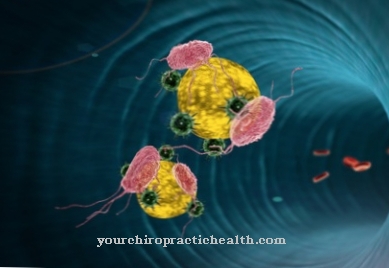
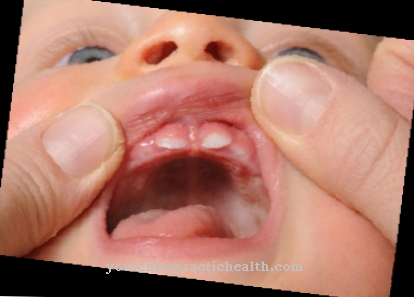
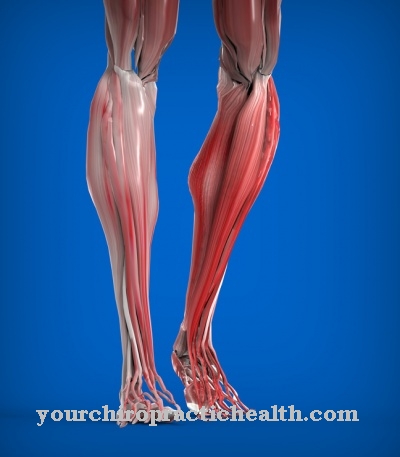
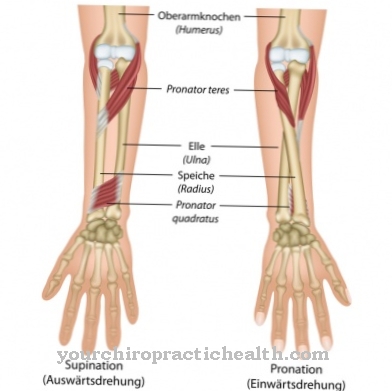

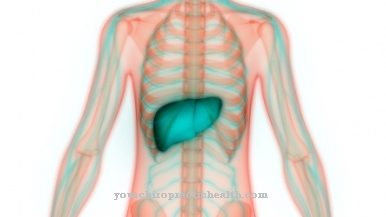






.jpg)

.jpg)
.jpg)











.jpg)